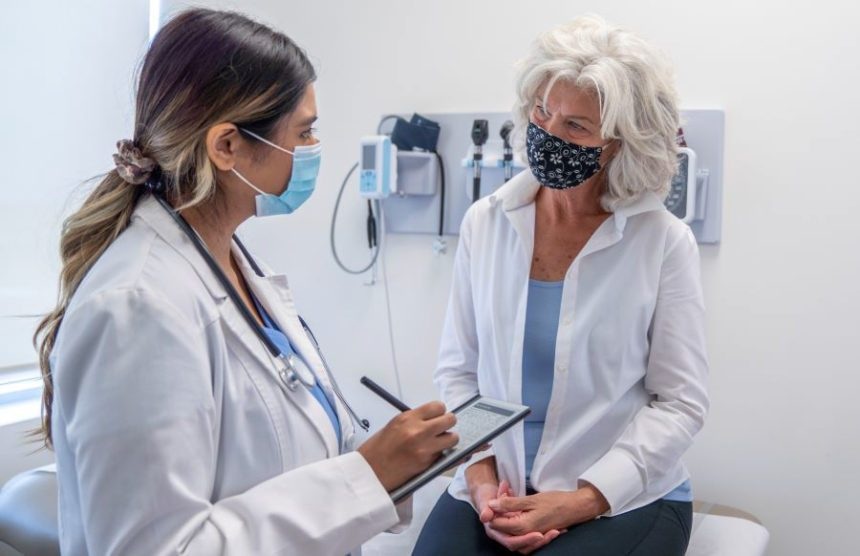Navigating the healthcare landscape can feel like traversing through an obstacle course. You’re battling a persistent cough, your mind is rushing – Is it allergies? Is it something more serious? At this juncture, do you seek advice from your trusted primary care provider or do you head straight to a respiratory specialist? In our current times, with federal way covid testing, these decisions can feel even more daunting. This piece aims to help you chart the course. Let’s dive into the world of primary care providers versus specialists. Let’s help you make an informed decision.
A Look at Primary Care Providers
Primary care providers, or PCPs, are like the rudder of a ship. They guide you through the rough seas of health concerns. They might not be sailing the ship, but they sure know which direction to steer. Minor ailments or major concerns – a PCP is your first point of contact.
Be it your nagging back pain, an unusual rash, or going through the ups and downs of ‘federal way covid testing’, a PCP can provide preliminary care. They diagnose, treat, and track your health over time. If your issues require more specialized attention, they refer you to the right specialist.
When to See a Specialist
Think of a specialist as an expert sailor, one who’s mastered one particular route. A dermatologist knows skin like no one else. A cardiologist has the heart all figured out. They dive deep into their chosen fields.
If your PCP identifies a specific health concern that falls outside their practice, they’ll refer you to a specialist. Specialists provide in-depth treatment for specific conditions. For instance, if your ‘federal way covid testing’ comes back positive with severe symptoms, you might need to see a pulmonologist.
Choosing Between a PCP and Specialist
Feeling confused about who to see? It’s a common dilemma. You’re unsure if your prolonged cough is a job for your PCP or a lung specialist. Here’s a simple guideline: if you’ve got general symptoms that aren’t life-threatening, start with your PCP. They can handle the initial diagnosis and treatment. If the condition needs a specialist’s touch, your PCP will guide you there.
However, if you’re dealing with a known condition that requires specialized care, going straight to a specialist makes sense. Remember, in the case of emergencies, always head to the nearest emergency room or call 911.
Conclusion
Whether to see a primary care provider or a specialist often depends on your specific health situation. Understand the different roles they play in your healthcare. The ultimate goal is to ensure you get the right care, at the right time, by the right provider. With the right help, you can navigate your healthcare journey confidently.




